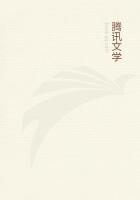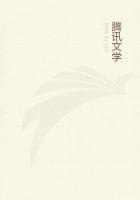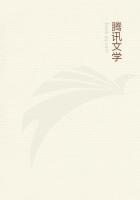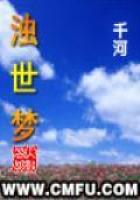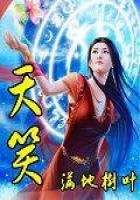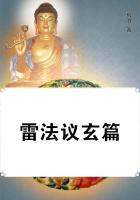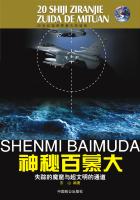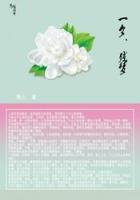[PLATE: THORN, FROM AN OLD PRINT.]
The quaint town of Thorn, on the Vistula, was more than two centuries old when Copernicus was born there on the 19th of February, 1473. The situation of this town on the frontier between Prussia and Poland, with the commodious waterway offered by the river, made it a place of considerable trade. A view of the town, as it was at the time of the birth of Copernicus, is here given. The walls, with their watch-towers, will be noted, and the strategic importance which the situation of Thorn gave to it in the fifteenth century still belongs thereto, so much so that the German Government recently constituted the town a fortress of the first class.
Copernicus, the astronomer, whose discoveries make him the great predecessor of Kepler and Newton, did not come from a noble family, as certain other early astronomers have done, for his father was a tradesman. Chroniclers are, however, careful to tell us that one of his uncles was a bishop. We are not acquainted with any of those details of his childhood or youth which are often of such interest in other cases where men have risen to exalted fame. It would appear that the young Nicolaus, for such was his Christian name, received his education at home until such time as he was deemed sufficiently advanced to be sent to the University at Cracow. The education that he there obtained must have been in those days of a very primitive description, but Copernicus seems to have availed himself of it to the utmost. He devoted himself more particularly to the study of medicine, with the view of adopting its practice as the profession of his life. The tendencies of the future astronomer were, however, revealed in the fact that he worked hard at mathematics, and, like one of his illustrious successors, Galileo, the practice of the art of painting had for him a very great interest, and in it he obtained some measure of success.
By the time he was twenty-seven years old, it would seem that Copernicus had given up the notion of becoming a medical practitioner, and had resolved to devote himself to science. He was engaged in teaching mathematics, and appears to have acquired some reputation. His growing fame attracted the notice of his uncle the bishop, at whose suggestion Copernicus took holy orders, and he was presently appointed to a canonry in the cathedral of Frauenburg, near the mouth of the Vistula.
To Frauenburg, accordingly, this man of varied gifts retired.
Possessing somewhat of the ascetic spirit, he resolved to devote his life to work of the most serious description. He eschewed all ordinary society, restricting his intimacies to very grave and learned companions, and refusing to engage in conversation of any useless kind. It would seem as if his gifts for painting were condemned as frivolous; at all events, we do not learn that he continued to practise them. In addition to the discharge of his theological duties, his life was occupied partly in ministering medically to the wants of the poor, and partly with his researches in astronomy and mathematics. His equipment in the matter of instruments for the study of the heavens seems to have been of a very meagre description. He arranged apertures in the walls of his house at Allenstein, so that he could observe in some fashion the passage of the stars across the meridian. That he possessed some talent for practical mechanics is proved by his construction of a contrivance for raising water from a stream, for the use of the inhabitants of Frauenburg. Relics of this machine are still to be seen.
[PLATE: COPERNICUS.]
The intellectual slumber of the Middle Ages was destined to be awakened by the revolutionary doctrines of Copernicus. It may be noted, as an interesting circumstance, that the time at which he discovered the scheme of the solar system has coincided with a remarkable epoch in the world's history. The great astronomer had just reached manhood at the time when Columbus discovered the new world.
Before the publication of the researches of Copernicus, the orthodox scientific creed averred that the earth was stationary, and that the apparent movements of the heavenly bodies were indeed real movements. Ptolemy had laid down this doctrine 1,400 years before.
In his theory this huge error was associated with so much important truth, and the whole presented such a coherent scheme for the explanation of the heavenly movements, that the Ptolemaic theory was not seriously questioned until the great work of Copernicus appeared. No doubt others, before Copernicus, had from time to time in some vague fashion surmised, with more or less plausibility, that the sun, and not the earth, was the centre about which the system really revolved. It is, however, one thing to state a scientific fact; it is quite another thing to be in possession of the train of reasoning, founded on observation or experiment, by which that fact may be established. Pythagoras, it appears, had indeed told his disciples that it was the sun, and not the earth, which was the centre of movement, but it does not seem at all certain that Pythagoras had any grounds which science could recognise for the belief which is attributed to him. So far as information is available to us, it would seem that Pythagoras associated his scheme of things celestial with a number of preposterous notions in natural philosophy. He may certainly have made a correct statement as to which was the most important body in the solar system, but he certainly did not provide any rational demonstration of the fact.
Copernicus, by a strict train of reasoning, convinced those who would listen to him that the sun was the centre of the system. It is useful for us to consider the arguments which he urged, and by which he effected that intellectual revolution which is always connected with his name.

